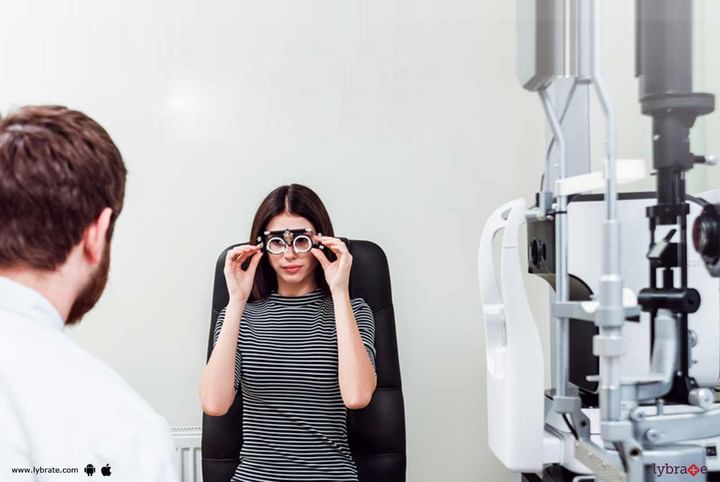Retinopathy Of Prematurity - Importance Of Eye Screening In Preterm Babies!
Retinopathy of Prematurity refers to a disease of the eye, seen in premature babies. The condition causes blood vessels in the eye to grow abnormally and eventually bleed or leak, leading to scarring of the retina. As the scar starts to shrink, it pulls on the retina, detaching it from the back of the eye. Since the retina is an essential part of the visual apparatus, its detachment can potentially lead to blindness.
ROP may also lead to other complications such as –
• Nearsightedness
• Farsightedness
• Lazy eye
• Crossed eyes
• Glaucoma
Who are at risk?
The smaller and more premature the baby, the more it is at risk of developing Retinopathy of Prematurity.
• Infants with a gestational age of 30 weeks or less
• Infants weighing 3.3 pounds (1500gms) or less
This is because a premature delivery often disrupts the normal growth of blood vessels in the eye.
Why get screened for ROP?
Retinopathy of Prematurity does not exhibit noticeable signs or symptoms in infants. The only way to detect the condition is to undergo an eye examination.
The screening test will take place either at your baby’s bedside or at the clinic of your ophthalmologist. The following steps are involved in the screening exam –
• The doctor will apply dilating eye drops to dilate the pupil. This will allow the doctor to monitor the condition of the eye closely
• An eyelid speculum will help to hold the eyelids open
• The doctor will check the retina using a sclera depressor, which allows the eye to move in all positions
• Next, the doctor will direct a bright light into the eye using an ophthalmoscope to examine the retina.
In India, about, 1 in 1000 children is blind, in 24% to 47% of the cases, the reason is Retinopathy of Prematurity.
How often your baby needs screening for ROP depends on the status of the retina. Screening tests are typically done every 1-2 weeks until the condition is stabilized or cured. However, if the problem persists, the doctor may recommend screening every 4-6 weeks to make sure ROP does not deteriorate.
Treatment
All babies born prematurely should receive regular monitoring and testing, starting from a month after birth. Treatment for ROP will depend on the severity of the condition. Talk to an eye specialist and discuss options to prevent the disease from progressing further.



+1.svg)
